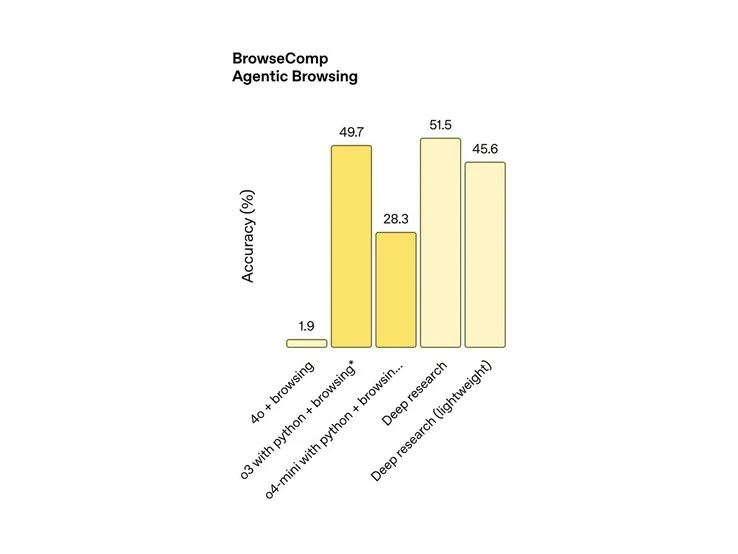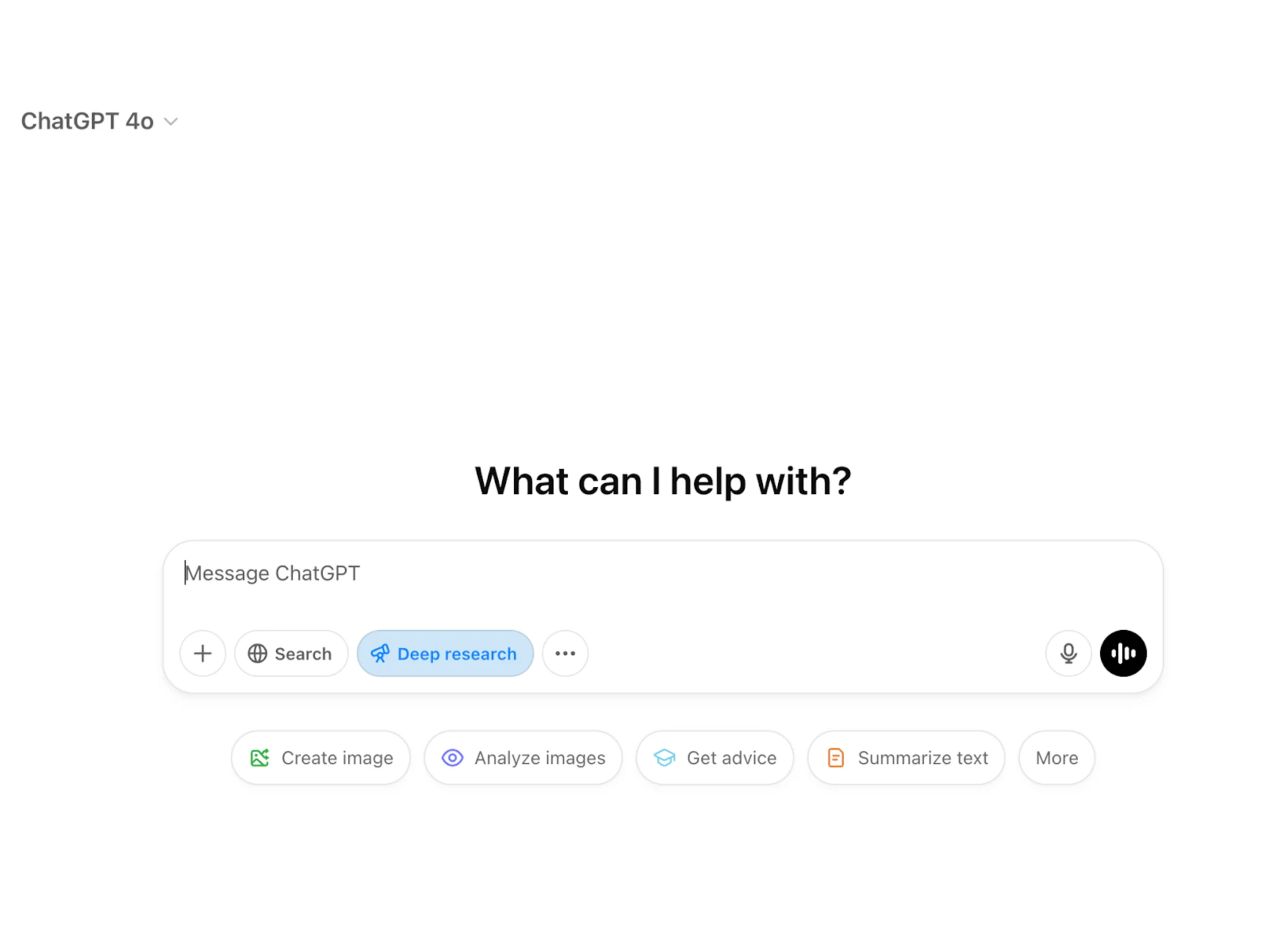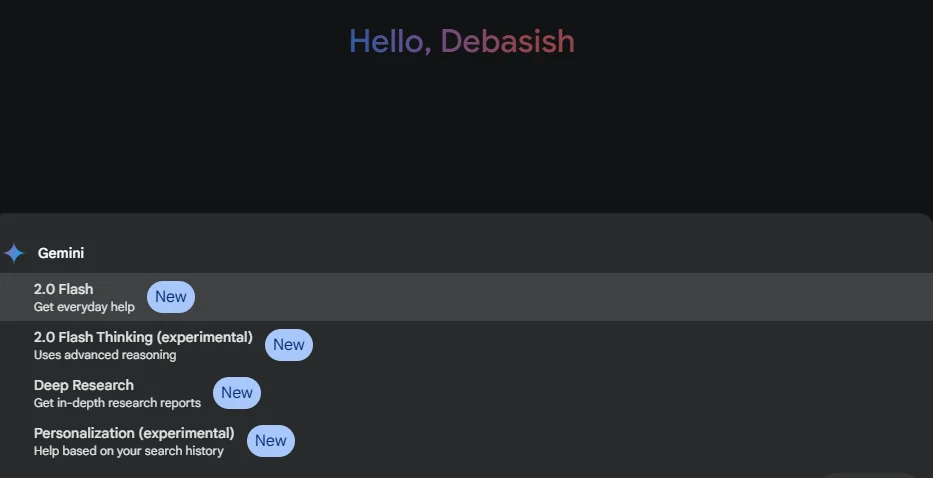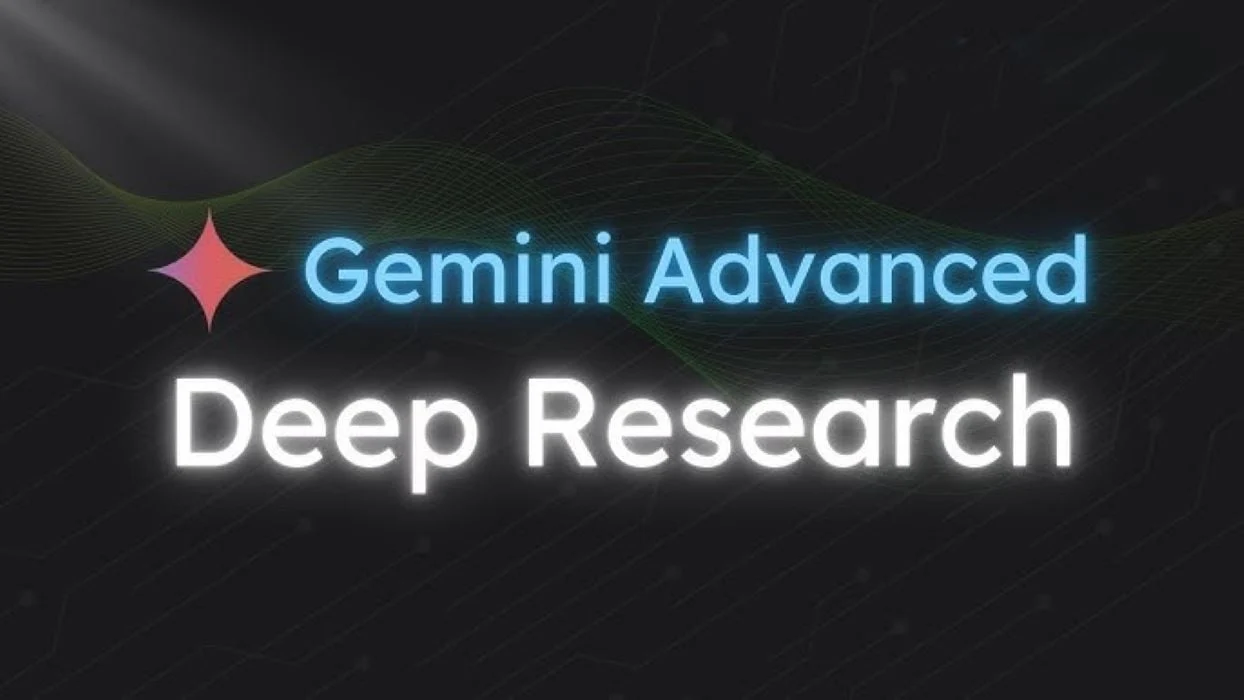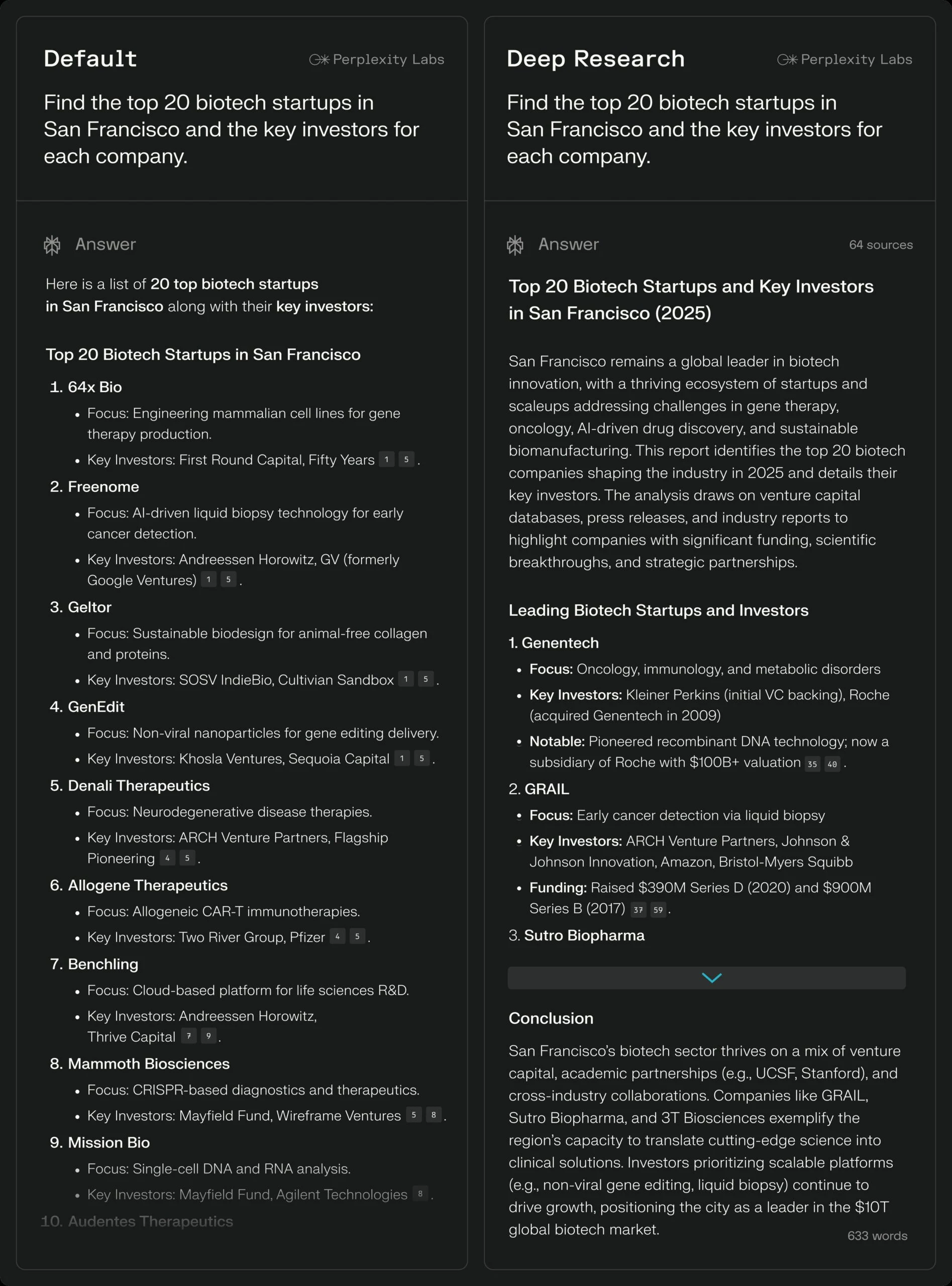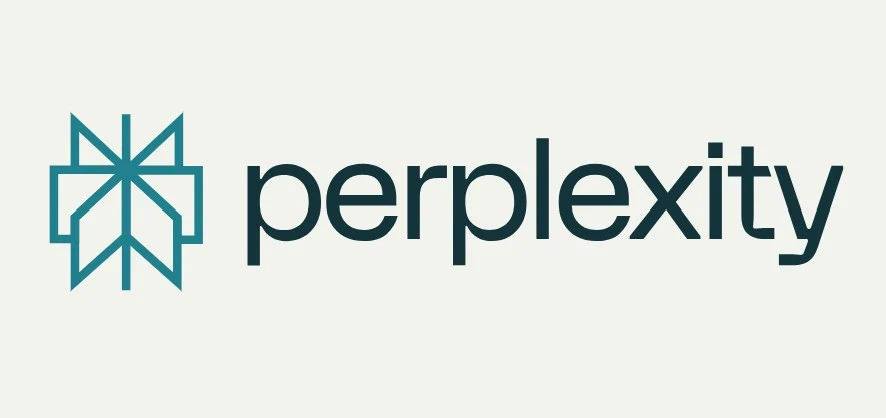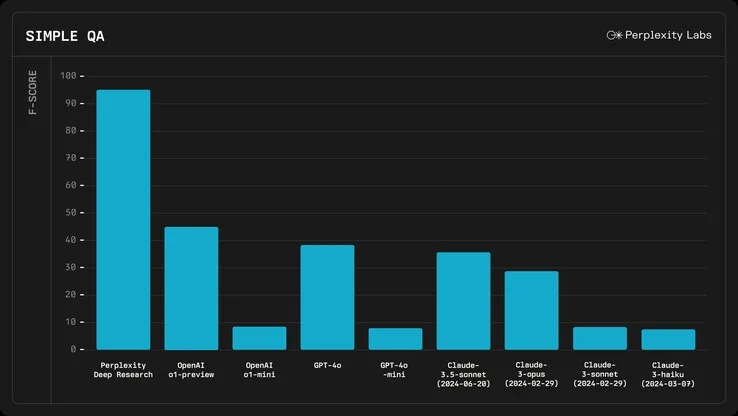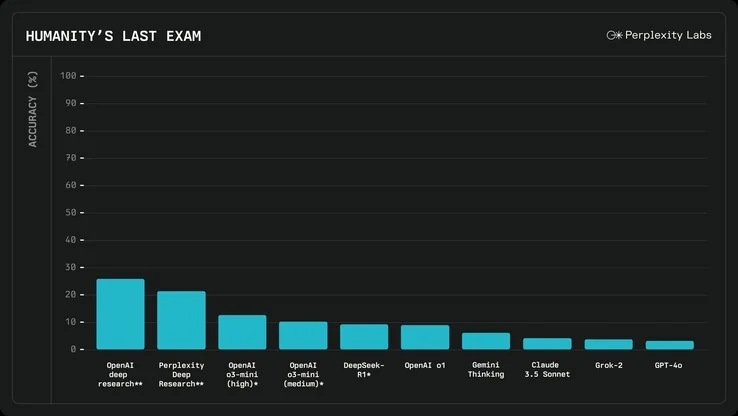Key Takeaways
1. ChatGPT has a new Deep Research tool that explores the web and reevaluates findings, taking 5 to 30 minutes to generate replies.
2. The tool uses OpenAI’s o3 model for the full version and o4-mini for the lighter version, which is more cost-effective but nearly as accurate.
3. Pro users get an additional 125 deep research queries with the lightweight version, while Plus and Team users’ quotas increase from 10 to 25 tasks.
4. Free plan users can access the lightweight tool but are limited to just 5 queries per month.
5. Users seeking more deep research capabilities may need to pay between $20 and $200 for enhanced usage.
ChatGPT has introduced a new feature that explores the web multiple times, reevaluates its findings, and can take anywhere from five to thirty minutes to generate a reply. This Deep Research tool is part of OpenAI’s strategy to perform better on the Humanity’s Last Exam AI benchmark test, and it is now available in a more accessible version for all users, including those on the free plan.
New Model Details
The original deep research tool utilizes OpenAI’s upcoming o3 model, while the lighter version operates on the o4-mini model. According to a post on X, which used to be known as Twitter, the company claims that this version is “much cheaper to serve,” even though its accuracy is relatively close to that of the full deep research tool, which is exclusive to paid ChatGPT users.
User Quota Changes
For pro users, there’s now an extra 125 deep research queries available with the lightweight version after they use their initial 125. Plus and Team users will see their monthly quota rise from 10 tasks to 25. OpenAI also mentioned that the additional 15 queries for the lightweight model will be extended to Enterprise and Edu users in the next week.
Free Plan Limitations
Users on the free plan can also utilize the lightweight deep research tool, but they will be restricted to just five queries each month. While this may suffice for most of ChatGPT’s 400 million users, those who find deep research valuable might need to pay between $20 and $200 to enhance their usage.
Source:
Link
